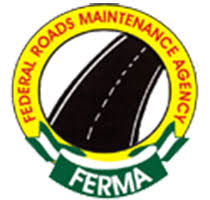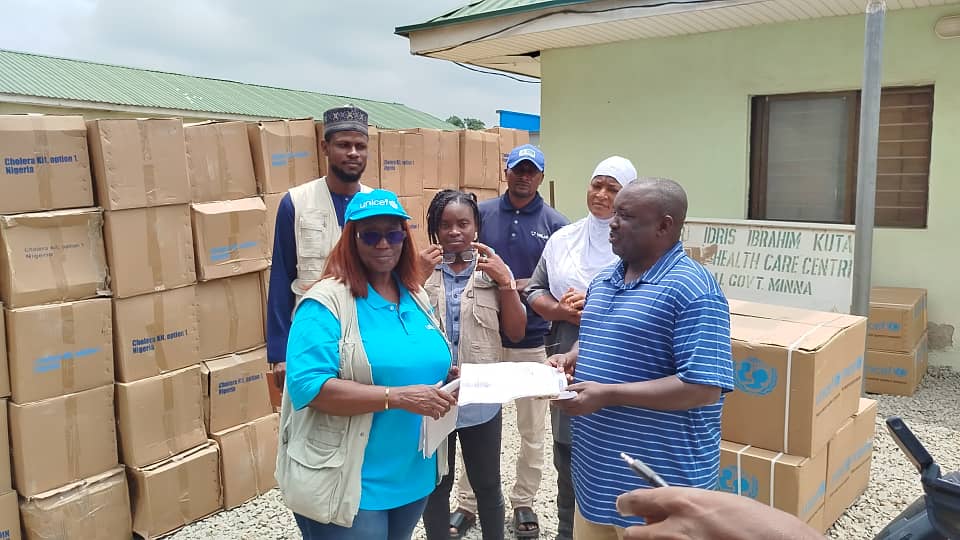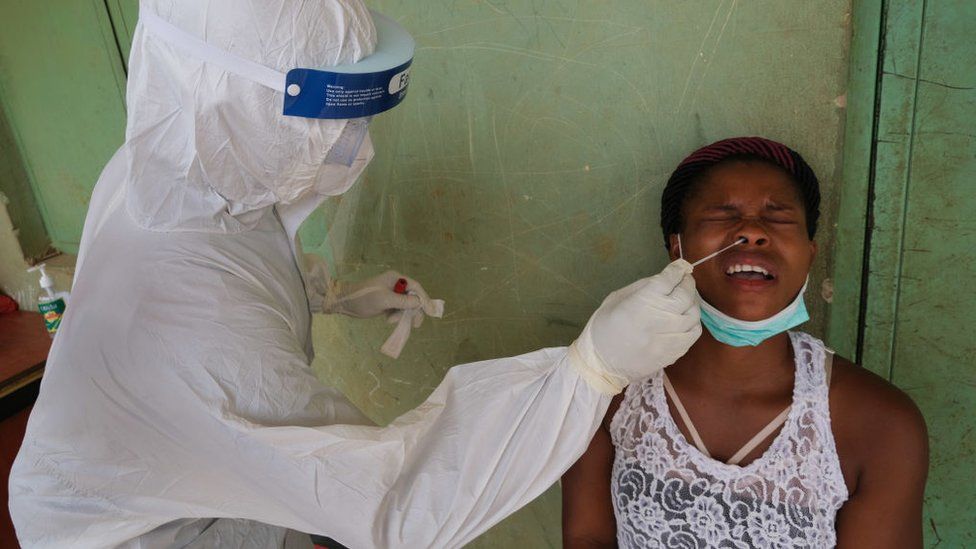By: TUNDE BOLAJI MINNA.
Despite the claims by the Niger state government that over three hundred and twenty-seven patients affected by Cholera disease have been discharged, another 27 patients are currently on admission.
The new developments are in four local government areas of the state, as it is still recording new cases of the cholera disease.
This was confirmed by the United Nations Children’s Fund (UNICEF) when it delivered another round of cholera response supplies to the state to help break the transmission chain.
The Deputy State Disease Surveillance Officer, Uriah Mahmudu, said the new cases are in Chanchaga, Shiroro, Munya, and Wushishi local government areas of the state.
According to him “as at today, we have 10 patients on admission at the CTC in Kuta in Shiroro LGA, 8 in Wushishi, 7 in Chanchaga, and 2 in Kabula in Munya local government.”
While assuring that the supplies would be judiciously used, Mahmudu said, “We will ensure that patients receive treatment and go home with hygiene packages. Communities with suspected or confirmed cases will also be given the items to prevent further spread”.
Presenting the items on behalf of the UNICEF, the Water, Sanitation, and Hygiene (WASH) Specialist at the Kaduna Field office, Theresa Pamma, who led the team, said the intervention is crucial as the state continues to record fresh cases.
While confirming that at least seven patients are currently on admission at one of the treatment facilities, with four already confirmed positive for cholera, Pamma warned that Niger state’s 46 per cent open defecation rate and the consumption of unsafe water remain the major drivers of cholera.
The WASH Specialist disclosed that after she officially handed over to the Niger State Ministry of Health, basic water and sanitation kits, drugs, cholera treatment kits, water purification tablets, and community hygiene materials were provided.
According to her, “We are here to support Niger State with essential drugs and sanitation kits to break the transmission of cholera. Our supplies include community kits, water purification tablets, glucose drips, and 350 cartons of cholera kits. We are also expecting 10 drums of chlorine to further support water treatment.
“Cholera happens when human excreta contaminates drinking water or food. People are still drinking from unprotected wells and rivers, and water vendors sell water from unknown sources.”
Furthermore, she urged residents to prioritize household toilets, hand washing, and water treatment to reduce the spread of the disease.
Accordingly, she said, “If every household in Niger State can have a toilet, cholera will not come. All the excreta will go into the toilet, and it won’t contaminate water sources. We call on the government to ensure every household is provided with toilets. If this is done, it will go a long way in reducing the spread of cholera.”
Items donated earlier include community and periphery AWD kits, Cholera kits, 40 cholera beds, Ringer’s Lactate, normal saline with giving sets, antibiotics, scrubs, disposal gowns, heavy-duty and surgical hand gloves, and boots.
Others are water purification tabs. Chlorine solutions, calcium hypochlorite, water testing, and stool testing RDTs, which, according to Dr. Idris Baba, UNICEF Health Specialist, Kaduna Field Office, are enough to treat all cases currently identified and admitted in the state.













